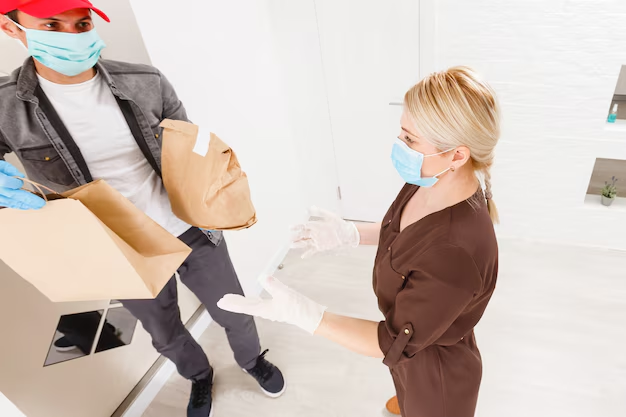How to Become a Medical Courier: Degrees, Certifications, and Training
Becoming a medical courier involves more than just transporting packages; it requires an understanding of the healthcare environment and strict adherence to regulatory standards. While a specific degree is not mandatory, pursuing relevant certifications and training can bolster your qualifications and enhance your career prospects. A high school diploma or GED is the minimal educational requirement, but those wishing to stand out in this field may consider additional coursework in medical logistics or healthcare administration. Certifications such as CPR and First Aid are also recommended to ensure safety and competence when handling sensitive medical materials. Moreover, acquiring a Hazmat certification can be crucial, as medical couriers often deal with hazardous materials requiring special handling and transportation processes.
Continuous education and professional development play significant roles in advancing within the highly specialized world of medical delivery. Institutions offer various training programs designed to equip aspiring couriers with knowledge about safe transportation practices, handling biohazards, and understanding healthcare compliance laws. Investing time in these educational programs not only improves your skill set but also opens doors to greater opportunities within the medical courier industry.
Relevant Qualifications to Consider:
- 🎓 High School Diploma or GED - Minimum requirement for entry-level positions.
- 📜 Hazmat Certification - Crucial for handling hazardous materials.
- 💼 Certification in Medical Logistics - Enhances understanding of healthcare delivery systems.
- 🚑 CPR and First Aid Certification - Ensures readiness in case of medical emergencies.
- 🛡️ Healthcare Compliance Training - Understanding legal and ethical transport of healthcare goods.
